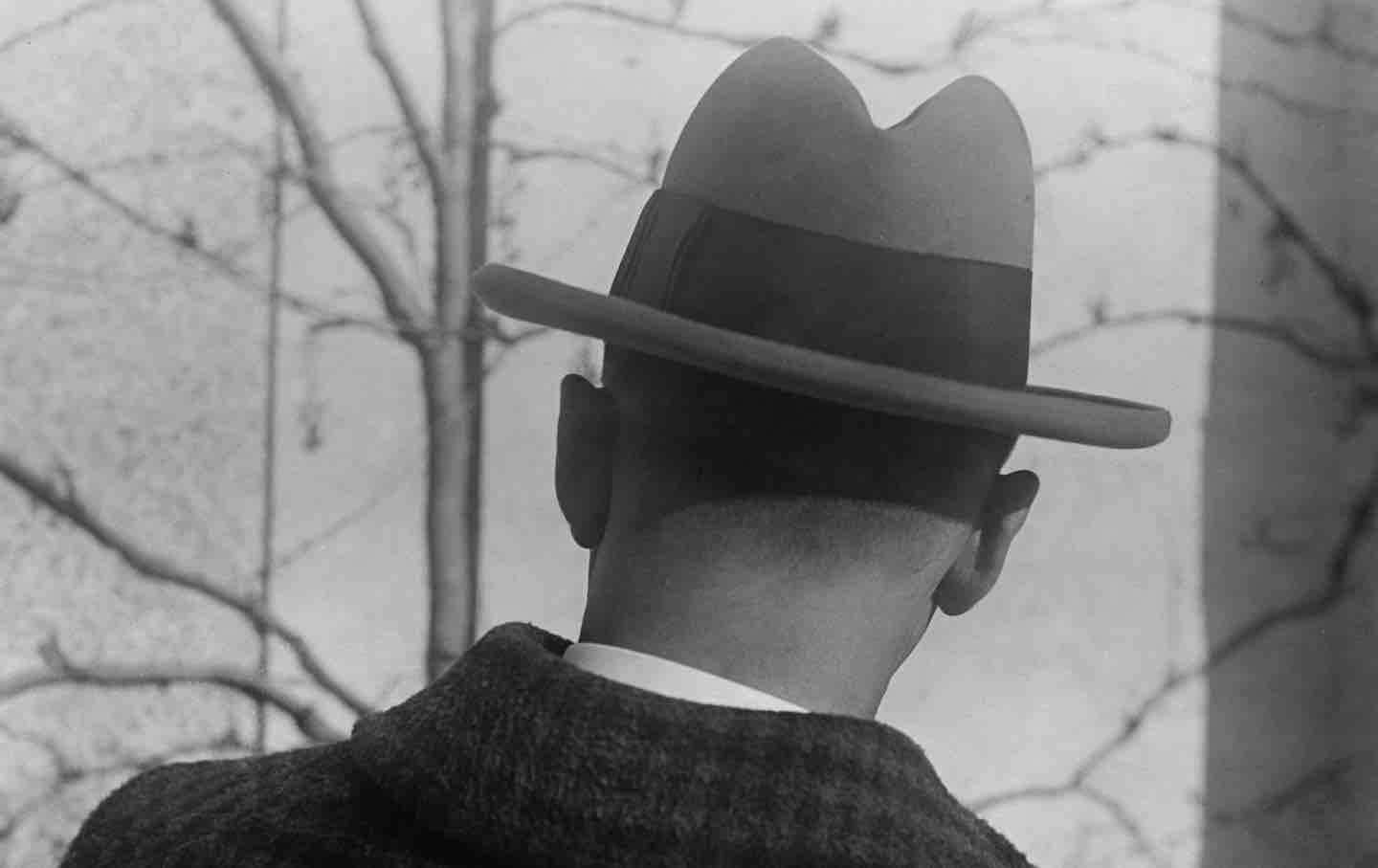
"First published in 1924, The Magic Mountain quickly became a bestseller and is arguably the most influential German-language novel of the 20th century. On its face a sort of bildungsroman concerned above all with its young protagonist's initiation into the life of the mind, the book presents an intricate account of the debates around culture, civilization, religion, morality, and humanism being"
"started writing the novel soon after visiting his wife, Katia Mann, in Davos, where she was recuperating from a lung ailment. He was immediately struck by the potential of this setting for a novella he wanted to write as a companion piece to Death in Venice. Where that book, despite its short length, was heavy and lugubrious, dripping with heat and doomed longing, this one was to be a light satire mining the comic potential of Davos doctors convincing the healthy that they were ill."
Hans Castorp travels to a Davos tuberculosis sanatorium for a three-week visit but remains for seven years. The narrative operates as a bildungsroman chronicling his intellectual initiation and sustained engagement with debates about culture, civilization, religion, morality, and humanism on the eve of World War I. The alpine sanatorium setting concentrates an international cast whose confined interactions produce satire, comic tensions, and sharp contrasts with 'flatlands' life across geographic and spiritual divides. Tone and intent contrast with darker contemporary works through light, satirical treatment of medical authority and social mores. The novel achieved wide popularity and lasting influence.
Read at The Nation
Unable to calculate read time
Collection
[
|
...
]